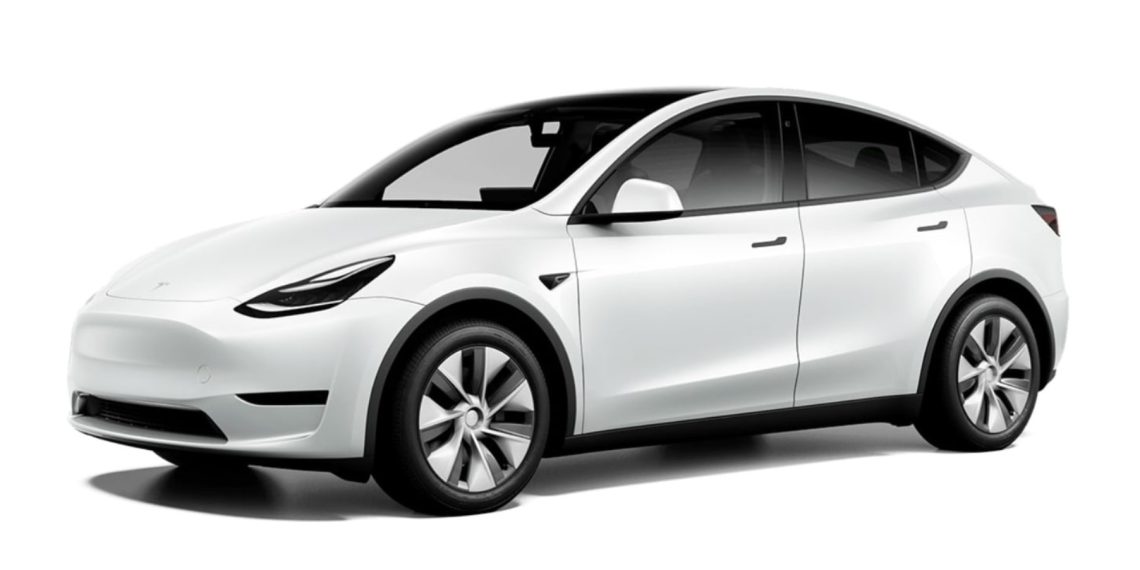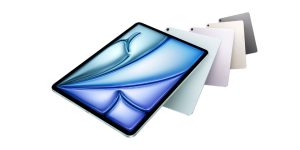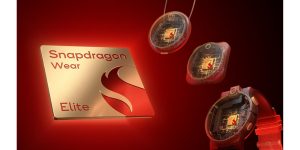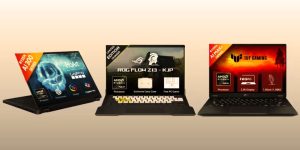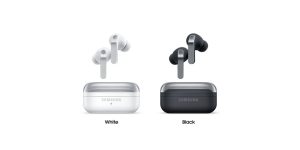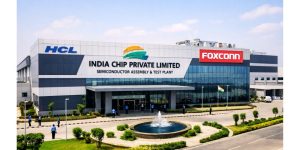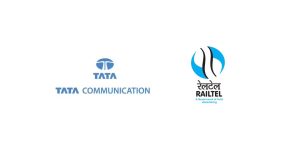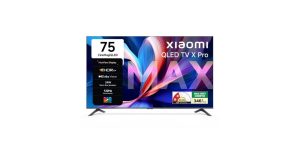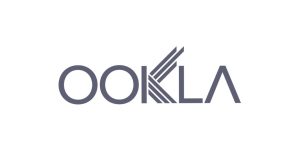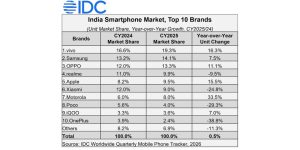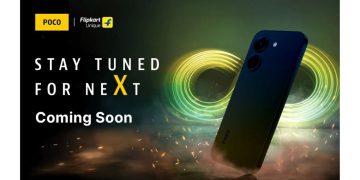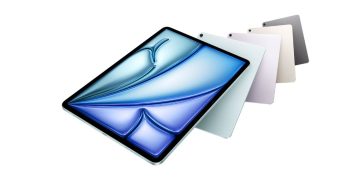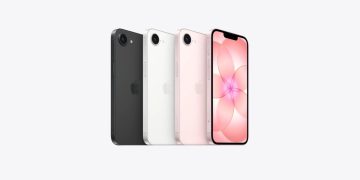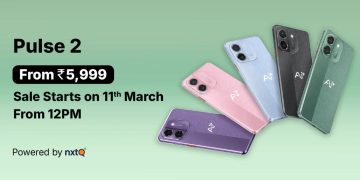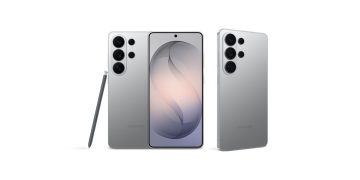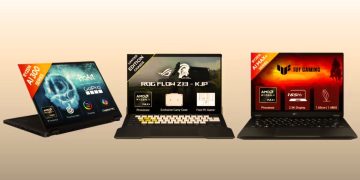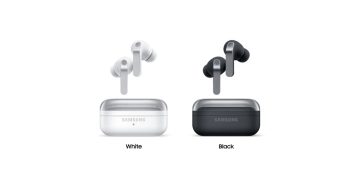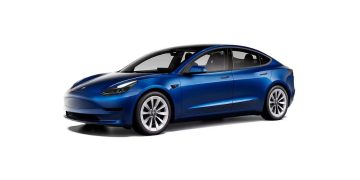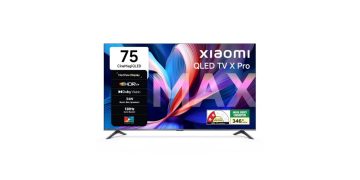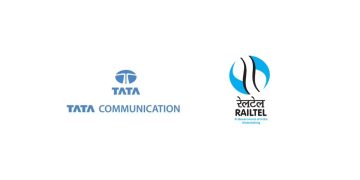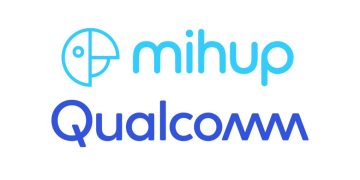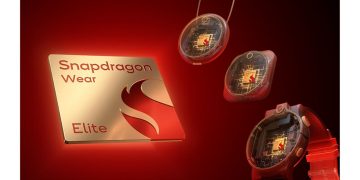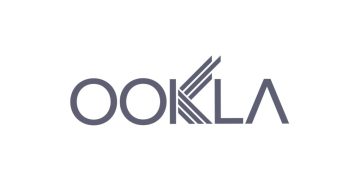Tesla has reportedly started manufacturing its Model Y SUV with BYD’s Blade battery at its German plant. The Chinese battery maker’s Blade battery is expected to be utilized in the entry-level Model Y RWD, while the Model 3 imported from China will use an LFP battery from CATL.
BYD, a vertically integrated company, owns lithium mines and covers the entire EV supply chain, including battery manufacturing, electric vehicle production, and software development for its cars’ advanced driver-assistance systems (ADAS).
BYD, the Best-Selling Car Brand in China
In 2022, BYD sold 1,863,494 new energy vehicles, which included 946,239 plug-in hybrid passenger cars, 911,140 all-electric passenger cars, and 6,115 commercial vehicles and buses. As a result, BYD overtook Volkswagen to become the best-selling car brand in China.
Blade Battery Advantages
Tesla’s selection of the BYD Blade battery for the Model Y is significant, as it marks the first time the automaker has used batteries from the Chinese manufacturer. BYD is the world’s second-largest battery producer and has a significant presence in the bus industry.
The Blade battery is a next-generation battery that has several advantages over traditional lithium-ion batteries, including improved safety, stability, and a longer life cycle. The battery uses lithium iron phosphate (LFP) chemistry, which is well-known for its safety and stability. Furthermore, the Blade battery’s design is unique, featuring a blade-like structure that enhances heat dissipation, a crucial factor in battery safety.
Impact on the EV Market
Tesla’s adoption of the Blade battery in the Model Y is expected to have a significant impact on the EV market. As one of the world’s leading EV manufacturers, Tesla’s choice of the Blade battery could encourage other automakers to consider utilizing this technology in their vehicles. Additionally, the partnership between Tesla and BYD is expected to benefit both companies, allowing them to leverage each other’s strengths to produce superior EVs.


